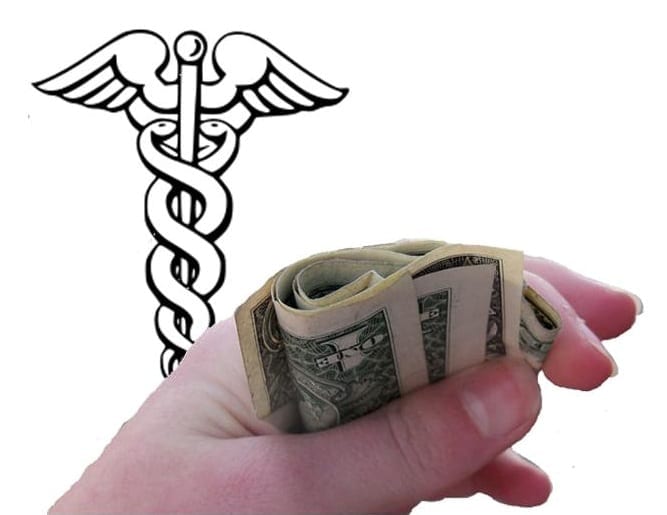 New health insurance tax could make coverage more expensive throughout US
New health insurance tax could make coverage more expensive throughout US
The Affordable Care Act has served as a divisive legislation throughout the U.S. since its introduction in 2010. In 2012, the law was upheld by the Supreme Court after months of strong opposition from several states. The Obama administration heralds the law as a new era for health insurance throughout the country, with the law’s provisions designed to make coverage more affordable to a broader spectrum of people. As the law inches closer to becoming fully enacted on January 1, 2014, several of its measures are being called into question for potentially making health insurance more expensive.
Excise tax targets Medicaid policies
The Affordable Care Act, like other federal laws, has changed throughout its lifetime. Recently, a new excise tax was introduced to the law that could potentially make health insurance coverage significantly more expensive throughout the country. The tax is designed to apply to privately manages Medicaid program, which are common throughout the U.S. State governments hosting such privately-managed programs would be forced to pay the tax, the costs of which would trickle down to those that receive coverage through these programs.
Opponents claim tax will make insurance too costly for many
The Republican Governors Association claims that the tax is cause for concern. The federal law calls for states to expand their Medicaid programs, whether they are privately-managed or not, yet to do so is a costly endeavor. The organization suggests that imposing a tax on state governments for the policies provided through Medicaid directly conflicts with the aim of the Affordable Care Act. The organization also suggests that the tax would cause health insurance coverage to become too expensive for many people.
Tax could cost states some $15 billion over next decade
According Milliman, a leading consulting firm, the tax could cost state governments as much as $15 billion over the next ten years. The losses associated with the tax would likely be recovered by states imposing their own taxes on health insurance policies sold through their Medicaid programs. These costs would then translate into losses for insurers, who would raise rates on the coverage they supply to these programs.
